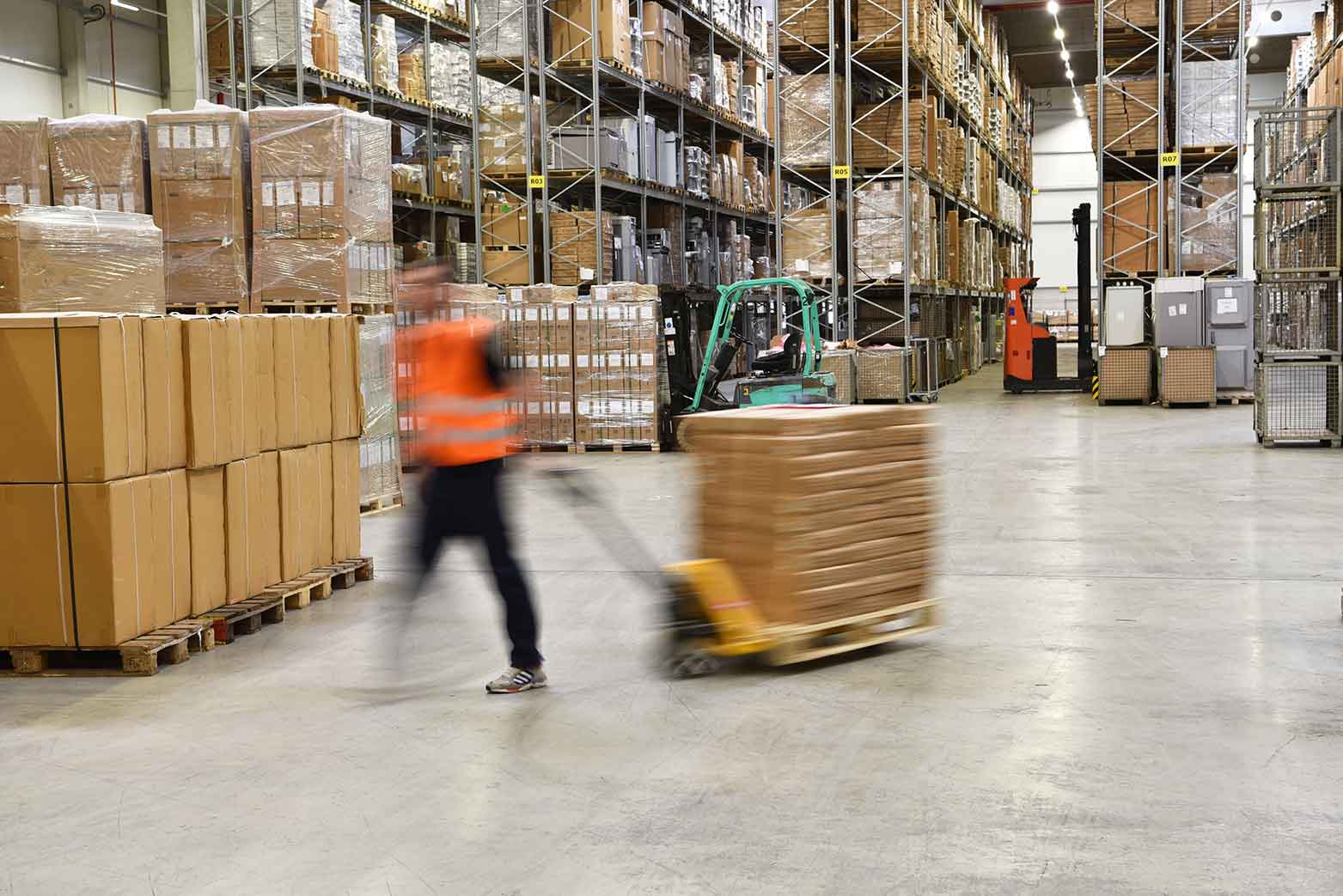At Smart Directions, our mission is to keep businesses moving, wherever they are in the world, especially when we are your logistics partner. Everything in our economy is dependent on a reliable global support chain, which extends to transport routes on land, air and in the sea.
When a cargo ship hit the Francis Scott Key Bridge last month, the city of Baltimore (US) was devastated. Fatalities were sadly reported, and transport from Baltimore Port has since been suspended until the wreckage can be cleared. Whilst they establish a solution, the incident is having an impact.
What happened?
A Singapore registered ship, the Dali, was heading off to Sri Lanka when it hit the bridge at 1.27am (05:27 GMT) on 26th March. As the ninth largest US port, Baltimore handled around 50 million tonnes and $80bn of cargo moving between the US and other countries last year.
How is the impact being calculated?
The port directly employs more than 15,000 individuals, and supports an additional 140,000 jobs through general port activity. The impact? State and federal officials have estimated that the port closure could cost the economy as much as $15 million per day. That’s largely because the port handles more cars and farm equipment than any other port in the country. In addition, before any crossings can resume, 3,000-4,000 tonnes of wreckage needs to be removed.
So, why have we shared this?
Occurrences like this remind us that each piece of the supply chain is extremely important…and potentially fragile. With the pressure on businesses to remain agile, reliable and efficient, it can be really challenging to adapt to events like this. Of course, the year is also full of religious observations, strike action and seasonal shutdowns, to name a few.
What can you do to be ready?
At Smart Directions, we understand that a “one size fits all” approach is outdated and unrealistic. Yep, we’ve said it. Customers are ordering your product from locations around the world, and expecting delivery as soon as they’ve checked out. Keeping up with the increasing demand and rising costs, whilst also planning for disruption is difficult.
We recommend;
- Understand your client base
- Keep an eye on the news
- Consider stock levels and detailed inventories
- Prepare for the worst and know what resources can keep you stay on track
- Get a good software/tracking system
- Work with a logistics party who can help with all parts of the process
To benefit from our years of experience and to manage your own expectations, why not get in touch? We’ve helped hundreds of clients to grow and scale their business through our proactive methods. Running a team, regardless of the size, can be exhausting and physically draining.
So, what could reduce your workload without compromising on quality?
Are you supporting clients in the right way for them…or for you??
Is it time to delegate this responsibility?
To get more information, don’t hesitate to give us a call and allow us the opportunity to be your logistics partner and steer you in the right direction.

